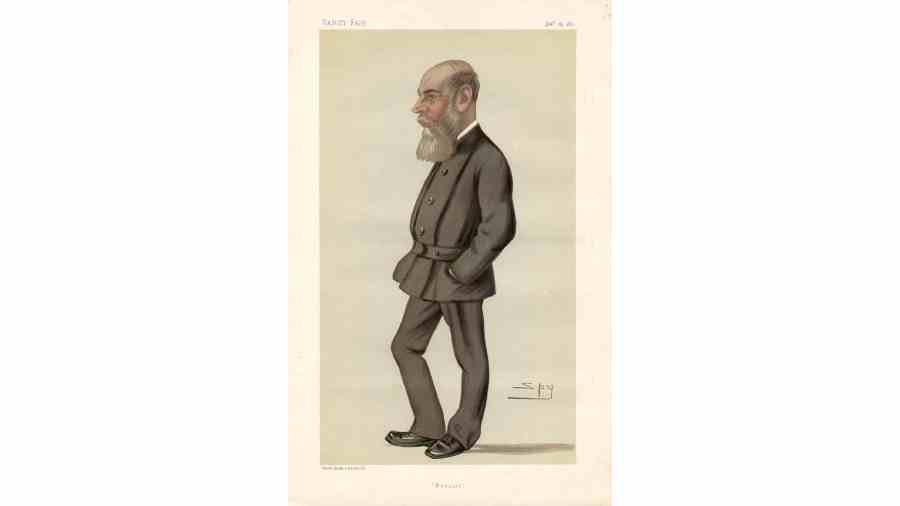Last week was boycott week. Everyone and anyone was advocating or endorsing, enforcing, tip-toeing around or being the target of the boycott of something or the other. Delhi chief minister Arvind Kejriwal appealed to people to stop buying goods made in China. DMK allies announced they wouldn’t attend Governor R.N. Ravi’s Republic Day high tea. Militant outfits in Assam appealed to people to boycott the Republic Day celebrations, as did major militant outfits in Manipur.
The Message
In Karnataka, the newly appointed district-in-charge minister R. Ashok of the Vokkaliga community found himself up against mysteriously sprung "Go Back Ashok '' posters. And even as Union minister Anurag Thakur preached about boycott culture, Indian films and the “wrong message”, the Boycott Pathaan gang continued to labour. It was only when the crores started to jingle jangle at the box office that the muscles seemed to fall silent and those who wouldn’t be like Ms Ranaut, sang out some new tunes.
Pathaaned
The connection between boycott and economics is umbilical and historical. Charles Cunningham Boycott was a retired-soldier-turned-English-land-agent who worked in Ireland’s Lough Mask estate towards the end of the 19th century. His job was to collect rents from those who could pay and evict those who couldn’t. But those were times of grave economic crisis, crop failure and famine. The newly formed Irish National Land League campaigned for fair rents and, as part of a greater effort, decided to make an example of Boycott and his cruel extortionist ways. In a letter to The Times, London, dated October 1880, Boycott described his condition. He wrote how a “howling mob” ordered all farm labourers, workmen and stablemen never to work for him again. His blacksmith was threatened with murder, his laundress ordered to give up his washing and the shops told not to provide him with supplies. His locks were broken and the gates smashed, and no workmen were allowed to aid him in any way. The 12-year-old boy who delivered his post was struck and the post office informed him that it was not safe for the telegram messenger to deliver his messages. A local priest was looking for an easier word than ostracism while preaching to the peasantry about the land movement; it was he who came up with the replacement word, boycott, which made it into the dictionary eight years later. A century later, we might have just the verb to describe the steamrolling of a boycott with song, dance and dimple -- pathaaned. How about it?










